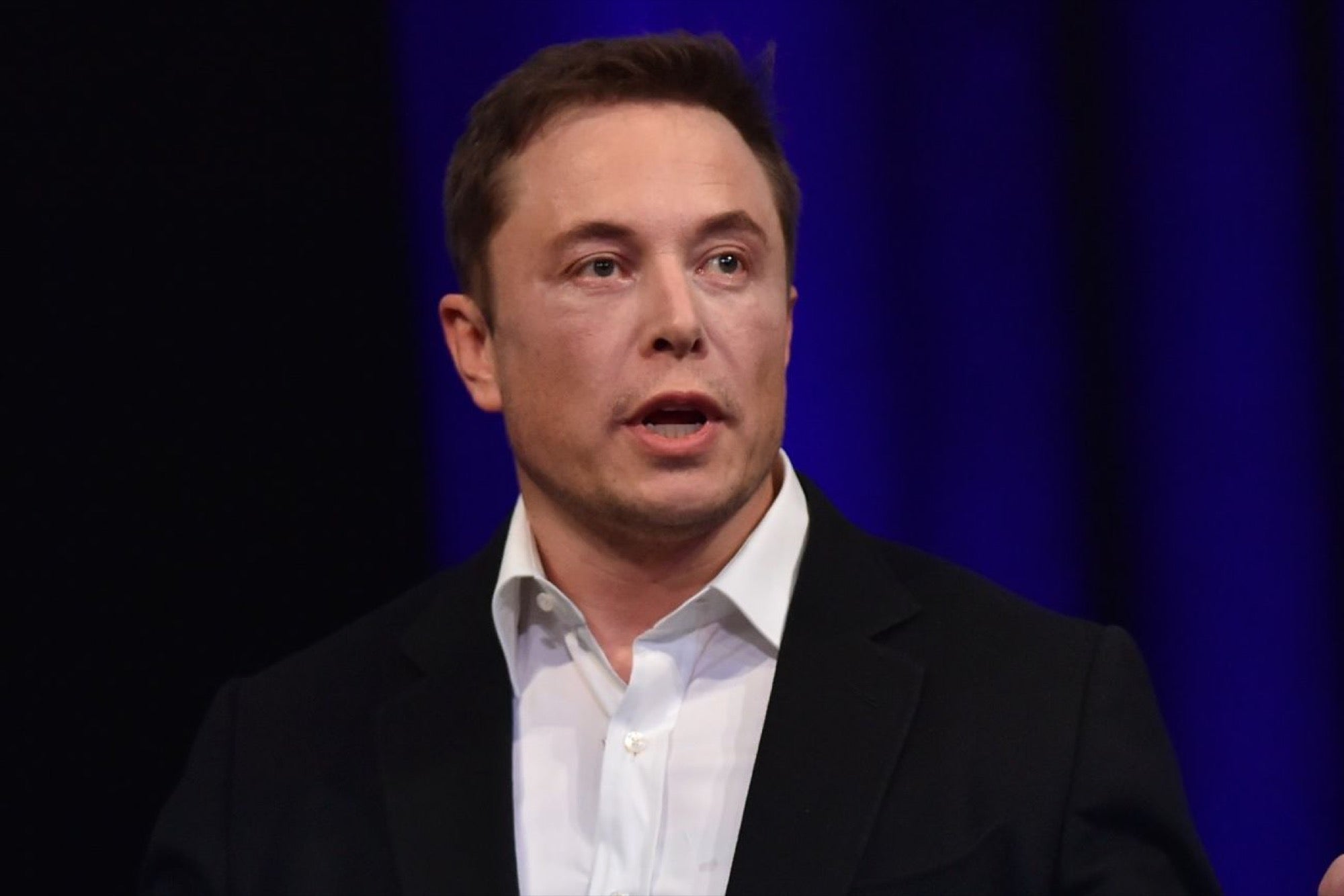This Innovation Expert's Research Shows How Anyone Can Be Like Elon Musk or Steve Jobs Use these three strategies to nurture your own breakthrough innovation potential.
Opinions expressed by Entrepreneur contributors are their own.

Elon Musk has famously said, "I think ordinary people can choose to be extraordinary." Of course, Musk is not ordinary. He is exceptionally intelligent. As Ashlee Vance notes in the biography he wrote about Musk, he can perform complex physics calculations in his head in real time, and he can rapidly absorb vast amounts of information with almost perfect recall. But, genius is neither a required nor guaranteed ingredient for making profoundly important breakthrough innovations. A close examination of Musk's life -- as well as the lives of other significant serial breakthrough innovators -- reveals some key strategies he uses, and you can use, to become a breakthrough innovator yourself.
Related: 18 Weird Things We've Learned About Jeff Bezos
1. Cultivate a grand ambition.
A huge part of what motivates innovators like Musk, Nikola Tesla or Steve Jobs, is a lofty idealistic goal. None of these innovators came to an industry thinking "how can I incrementally extend existing products?" or "what product has a high likelihood of generating a profit?" Their focus was instead on how they could revolutionize some aspect of human life. This goal was often more important to them than comfort, leisure, or even family and health. An idealistic goal can provide intense intrinsic motivation, fueling you to exert tremendous effort. Furthermore, if it's something you believe is intrinsically honorable or noble, it provides a form of ego-defense that helps you persist even in the face of criticism or failure, and may also help win others to your cause. Part of why Musk has so many supporters, for example, is that his goals of colonizing Mars and moving the auto industry to renewable energy strike a deep idealistic chord for many people.
Related: 5 Habits That Made Elon Musk an Innovator
2. Believe you can overcome all obstacles and achieve your objectives.
It sounds like something you might read on a cat poster, but another uniting feature of Musk, Tesla, Jobs, Marie Curie, Albert Einstein and other innovators is an intense faith in their own ability to overcome obstacles. This "self-efficacy," as psychologists refer to it, can motivate people to take on tasks that other people would deem impossible, and to stick with them even when the going gets tough. When Musk announced his intention to create reusable rockets, space industry veterans said it was impossible, but Musk remained coolly confident and responded that he thought he could do it. That "I think I can do it" is key -- Musk's gut level faith in his ability to achieve any goal, and overcome any obstacle, is one of the most important aspects of his character that has made him a larger-than-life innovator.
Related: 21 Weird Things You Didn't Know About Mark Zuckerberg
Dean Kamen, inventor of the world's first portable kidney dialysis machine, the world's first portable drug-infusion pump, the Segway and the Slingshot machine that can turn anything wet into clean drinking water exhibits this belief, too. When people told him his goal of making a wheelchair that could balance on two wheels was impossible, he reportedly said in an Esquire interview, "Don't tell me it's impossible ... tell me you can't do it .... Tell me it's never been done," and then he proceeded to do it, creating the iBot mobility wheelchair that, among other things, can climb stairs. Exceptional self-efficacy can help individuals take on enormous challenges, and stick with them no matter how hard they become.
3. Spend time thinking and working alone; challenge assumptions, and embrace your weirdness.
Another big part of why Musk, Einstein and Jobs were able to be such original thinkers is because they had a sense of "separateness" -- a feeling of being different or disconnected from the crowd, which freed them to reject the conventional wisdom and assumptions that constrained others. Einstein wrote about this at length in an essay titled "The World as I see it," noting,
"I gang my own gait and have never belonged to my country, my home, my friends or even my immediate family, with my whole heart; in the face of all these ties I have never lost an obstinate sense of detachment, of the need for solitude -- a feeling which increases with the years .... Such a person no doubt loses something in the way of geniality and light-heartedness; on the other hand, he is largely independent of the opinions, habits and judgments of his fellow and avoids the temptation to take his stand on such insecure foundations."
Related: Amazon's Lesson About Disruption: Rattle Any Market You Can
When Musk was a child, he was small, nerdy and frequently bullied. He had few friends, and had such a curiously introspective streak that his family thought he might be deaf. However, like other serial breakthrough innovators I have studied, he was an insatiable reader who read every book in the local library, and even memorized long tracts from the encyclopedia, and taught himself to program computers. Later he taught himself rocket science. Many serial breakthrough innovators have this tendency of working on their own and being "auto-didactic" -- they enjoy teaching themselves. This helps them form their own beliefs about how the world works and what can be done, rather than letting others define that for them.
One of the most exciting things about studying Musk and other breakthrough innovators is that it reveals that even though these people often have special, difficult-to-imitate abilities or traits, the mechanisms by which these abilities and traits lead to innovation are often something we can tap ourselves. We can nurture our own breakthrough innovation potential and the breakthrough potential of others.
Related Video: Why You Shouldn't Try to Be the Next Elon Musk or Mark Zuckerberg








